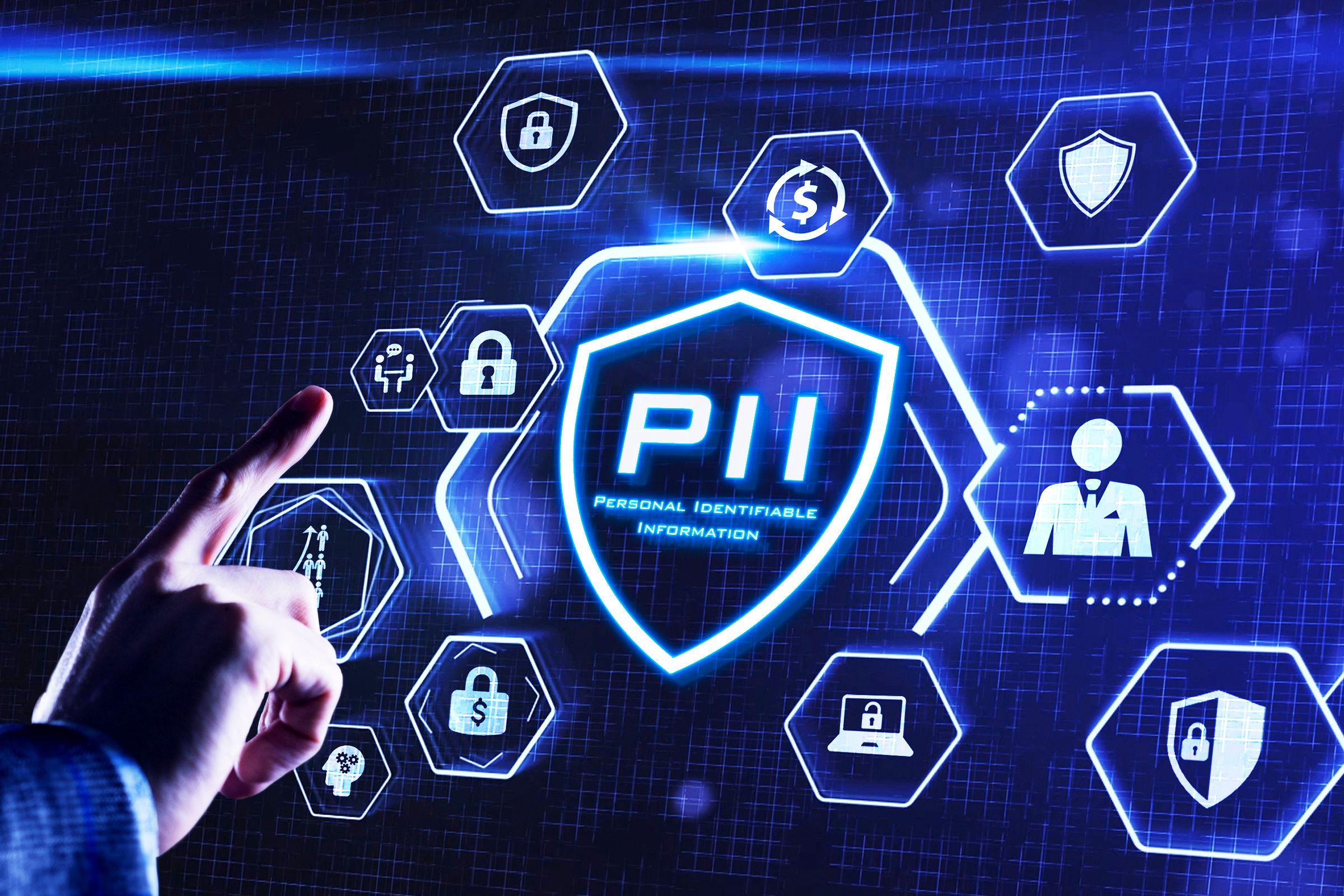Quick Links
Key Takeaways
- Personally Identifiable Information (PII) includes direct (e.g., name, ID number) and indirect (e.g., IP address) data that can identify you.
- Use VPNs to reroute your IP address, ad blockers to stop tracking cookies, and secure cloud storage with end-to-end encryption.
Personally identifiable information, also known by the acronym of PII, is any information that can identify you as being, well, you. As a result, it’s a valuable resource for data brokers and anybody else that makes their money selling data to marketers. Here’s what you can do to protect your PII.
What is Personally Identifiable Information?
Personally identifiable information is any information that can be used to figure out who you are. This list will give you an idea of everything that can be considered PII, though there’s plenty more out there.
- Name and surname
- Social Security number (taxpayer number outside the U.S.)
- Passport or other ID document number
- Email address
- Personal address
- Phone numbers
- Bank account or card numbers
- Date or place of birth
- Mother’s maiden name
- IP address
- Race or religion
- Education data
Direct vs Indirect PII
Some of this data, like your name or ID number, is “direct” PII. With just one data point somebody can know who you are. Other data is “indirect” or “linked” PII, which needs more than one data point to figure out who you are. Think about things like your IP address or your birthdate.
However, it should be clear that these puzzles are a lot easier to solve than you may think. Thanks to advances in data storage and retrieval, not to mention AI, you can create a very thorough profile of somebody with just a few data points.
The short version is that you can combine an IP address and some data points gleaned from browser fingerprinting. That’s the start of a profile, and every time something new is discovered about you, it’s added to it. Over time, the data broker will get a surprisingly accurate picture of who you are and what you like, and sell that to a marketer.
Ways to Protect Personally Identifiable Information
The only way to prevent—or even just slow down—this kind of harvesting is by locking down your data. While staying completely anonymous online isn’t possible, there are a few ways to keep data siphoning to a minimum.
Use a VPN
First up is using a VPN. VPNs work by rerouting your internet traffic through an intermediate server. This lets you assume an IP address associated with the VPN service instead of your own. IP addresses are an important anchor for data as they’re at the root of your web traffic. Taking it away from data collectors makes their job a lot harder, as they can’t as easily link your browsing habits back to you.
VPNs also have some other tricks to stymie anybody who may want to intercept your data. Besides rerouting your connection, they also encrypt it with a so-called VPN tunnel. Though data brokers aren’t known for all-out attacks on people’s connections, they do act as a deterrent for anybody with more criminal intent than just snooping on your browsing data.
Try Ad Blockers
Another important tool to use are ad blockers, either those installed via your browser or via your VPN—many of the best VPNs have anti-tracking software running while the connection is active.
Ad blockers do more than just block ads, they also block the tracking cookies that ads and sites placed in your browser cache. These cookies can be used to keep tabs on you as you go along, adding to the store of PII a broker has on you.
Only Use Secure Cloud Storage
Finally, you need a place to store your documents and other bits of information. The problem is that many of us will keep copies of our passports, ID cards, and even Social Security cards online, in cloud storage. However, since most services don’t use end-to-end encryption—choosing to hold the encryption keys so they can decrypt it at will—your data is vulnerable to a breach.
If you’re going to store documents online, always make sure that you’re using a secure service that uses end-to-end encryption. Some examples include Sync.com, pCloud, and Proton Drive.
Protecting Your PII
Anonymity online is never guaranteed, but using the above tips will help keep at least some of your data falling into the wrong hands. It’s a shame we have to jump through these hoops to keep what’s ours safe, but it likely won’t change soon.





